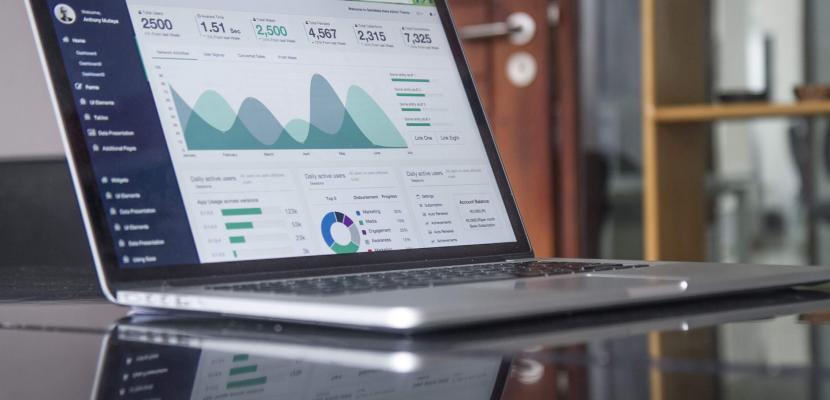
Basque monitoring & evaluation system of business-oriented research & development programmes: SIME

About this good practice
In order to better support companies, it is necessary to keep improving the innovation policy mix and, to this effect, it is necessary to be able to measure the programmes’ resources, results and impacts since it enables a deeper understanding of their effectiveness and efficiency.
This is why the Basque Government introduced a monitoring and evaluation system of business-oriented R&D programmes, called SIME. It gives precise and structured data of resources, results (e.g. patent applications) and impacts (e.g. incomes, employment, internationalisation and competitiveness). All projects, the majority of which are related to advanced manufacturing, are measured ex-ante, on-going and at completion. In addition, a representative sample of projects are measured ex-post to gather impact data.
This could be considered a good practice since it enables the redesign of the innovation policy mix for a greater result-orientation and allows improving resource allocation within it according to the contribution of the programmes.
Expert opinion
The ability to keep track of results and impact is crucial in order to make sure that public funding is used efficiently and for the intended purpose. This practice represents an example of how such monitoring concerning R&D subsidy programmes may be systemised, but the approach has general applicability. It highlights how the knowledge gathered directly influences the innovation policy-mix and allows for redesign if necessary; thus there is a strong link between improved information and improved action. The limited resources needed for the system contributes to the transferability of the practice, and the approach can provide inspiration to authorities elsewhere who are interested in information management.
Resources needed
The annual external costs for subcontracting the data gathering through surveys and the elaboration of the reports are of €20,000.
Additional software development is also required.
Evidence of success
Potential for learning or transfer
This is interesting for other European regions, because they can develop a similar system to get information which is normally unknown by the authorities systematically.
Further information
Website
Good practice owner
You can contact the good practice owner below for more detailed information.
Regional Government of País Vasco

